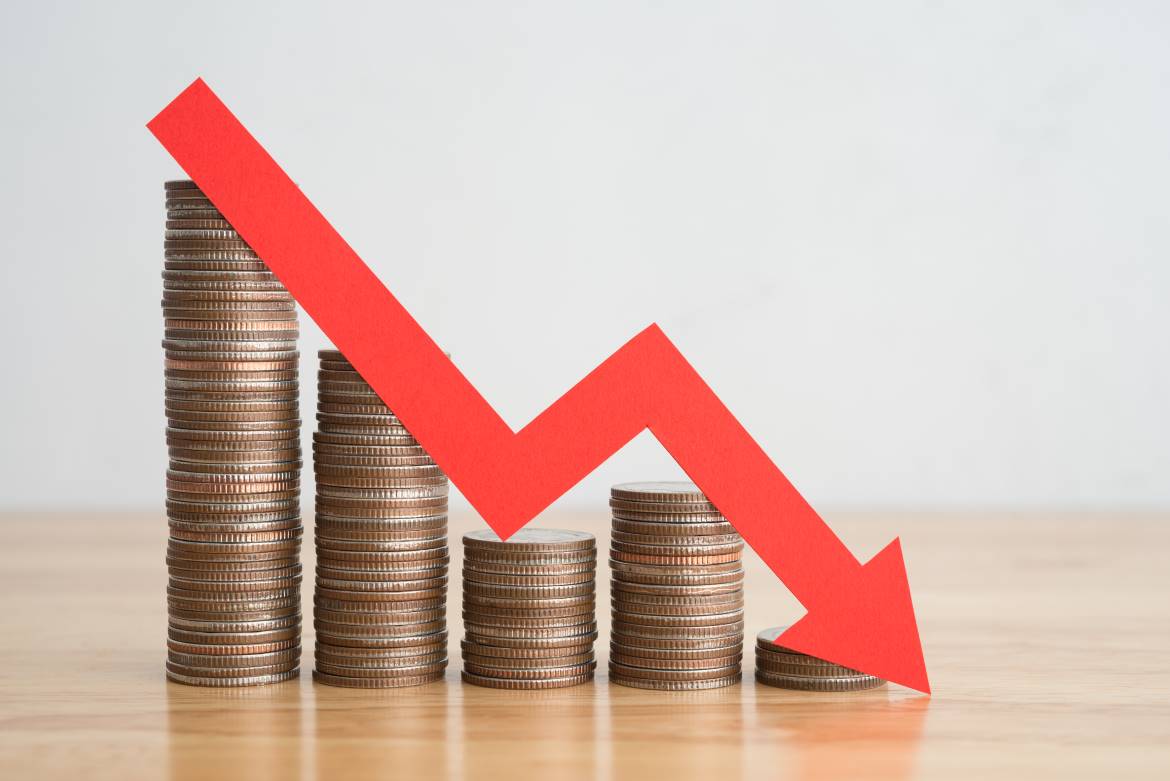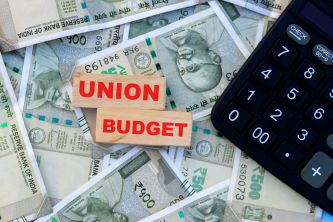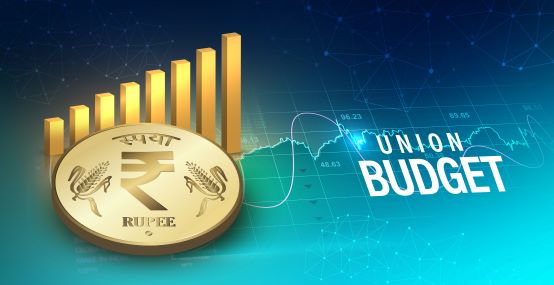What is a Budget Deficit

Given that ‘deficit’ means a ‘gap’ or a ‘shortfall’, a Budget Deficit occurs when a government’s revenue is less than its expenditure. It’s generally expressed as a percentage of the country’s GDP. A Budget Deficit is usually not considered good for the economy as it reflects poor management of the country’s finances. Governments run Budget Deficits to fund their infrastructure programmes, subsidies and interest payments. A Budget Deficit can also be an outcome of the country not having a wide-enough tax base, which limits the government’s sources of revenue. However, in times of distress, it may not be a bad idea to run a deficit to spur growth in the economy by ‘pump priming’ – government investing in infrastructure to create jobs and induce spending.
What causes a Budget Deficit?
Budget Deficit is caused when the government’s expenditure exceeds its revenue. This can happen due to various reasons. At times, governments indulge in populist schemes despite having limited sources of revenue. Such schemes may or may not be needed. Some examples include subsidies on foodgrains, fertilizers and energy (diesel and kerosene). Countries that have a small tax base are also prone to deficits. This can be due to leakages (people hiding their incomes) as well as the government giving exemptions to certain sections (say farmers). Often, countries raise huge debts to fund their programmes. This involves heavy interest payments, fuelling a vicious cycle. High interest payout leaves little money for investments in job-creating infrastructure projects. Thus, the economy stays depressed.
To spur investments and promote spending, governments also reduce taxes which can hurt its revenue. This can also add to a deficit. Higher spending on education and healthcare, though good for human development, as well as defence can also widen Budget Deficit.
Effects of a Budget Deficit
A Budget Deficit can have both negative and positive outcomes, though it is mostly harmful if carried on for a sustained period. More money in the hands of the people, a result of higher government spending leading to more jobs, can stoke inflation if the supply fails to match up. This creates distortions in the market. Creditors and rating agencies don’t like high Budget Deficits and can downgrade a country’s rating if they don’t see a visible improvement in the health of the economy. This can raise cost of capital and increase borrowing costs for bank, companies and individuals. To contain Budget Deficits, government may cut back on healthcare and education allocations, which can then hurt the quality of human capital in the country.
Increasing taxes is one way to curb Budget Deficits. Another idea can be to widen the tax base, but this is a long-term solution, and often fraught with risks as vested interests who are hurt by taxes may take to the streets against such a move.
What is the Relationship Between Budget Deficit and Stock Markets?
Stock markets look at the ‘quality’ of Budget Deficits to decide their response. Governments mostly fund Budget Deficits by borrowings. Government borrowings, if high, can crowd out private companies from the markets, thereby increasing their cost of capital and making their projects expensive to set up. This can depress the earnings of corporates, leaving less for dividend payouts, and hence hurt their stock price. Stock markets usually do not like too much spending in the form of subsidies on what it thinks is a wasteful expenditure, say subsidies on power and diesel.
At the same time, Budget Deficits that go into funding infrastructure projects like railways and ports are welcomed by the stock markets as investors see higher order inflows from the government and its entities to the private sector. These orders bring in revenue and profits for the private companies, translating into bigger dividends and higher share prices.
Types of Budget Deficits
There are broadly five types of Budget Deficits, namely Primary Deficit, Revenue Deficit, Fiscal Deficit, Current Account Deficit and Trade Deficit. Fiscal Deficit, Current Account Deficit and Trade Deficit are most important to determine the health of the economy.
Primary Deficit
It is the difference between the government’s total expenditure and total revenue, excluding interest payouts on borrowings.
Revenue Deficit
It occurs when the government’s revenue receipts are less than its total revenue expenditure.
Fiscal Deficit
The shortfall in the government’s total revenue compared to the total expenditure. It covers both revenue and capital transactions.
Trade Deficit
A trade deficit arises when the value of the goods and services a country imports is greater than the value of the goods and services it exports, leading to net outflow of foreign exchange.
Current Account Deficit
Current account deficit occurs when a country’s receipts from abroad (usually denominated in US dollars) is less than the payments it makes to foreign shores. Trade deficit is a large component of current account deficit, also popularly abbreviated as CAD. Beyond the regular trade in goods and services, foreign exchange also exchanges hands between countries on account of other transactions too. This includes remittances which is money sent by Indians living abroad back to India to their parents or investments by them in assets like property and stocks in India which brings precious US dollars into India. The vice versa can also happen i.e. Indians investing or sending money abroad. Similarly, students going from India to other countries have to deposit their fees in dollars which leads to outflow of foreign exchange. The net sum of trade deficit and these remittances to-and-fro is what is called CAD.
How Can You Mitigate Budget Deficit and Stock Market Impacts?
The government covers up for the shortfall in the Budget Deficit through borrowings. This raises borrowing costs for companies. In such a scenario, the central bank should take measures to increase liquidity for the companies and persuade commercial banks to lower interest rates. The central bank can also reduce requirement for reserves. This will free up funds for lending and soften the impact on companies.
The regulators including the government, the RBI and the SEBI can introduce steps to make it easier for companies to raise cheaper money through other means, including raising debt in foreign currency. Investors in stock markets can also increase their exposure to other asset classes like gold and real estate.
Strategies Used to Reduce Budget Deficits
Budget Deficits can be mitigated by implementing tax reforms for higher tax collections, increasing taxes, bringing more people under the tax net, reducing tax exemptions, closing loopholes, incentivising tax payments and ensuring tighter compliance. The government can also look to cut subsidies and nudge people to comply with tax laws. It can also look to substitute certain imports with local manufacturing and diversifying its sources. It can incentivise local manufacturing by making it easier to do business, simplifying laws and carrying out reforms.
Conclusion
Budget Deficit isn’t a very good thing, though it can be resorted to in times of distress when the government wants to spur spending on infrastructure to boost the economy and create jobs. It should never be allowed to cross reasonable limits as it causes inflation which ultimately hurts the common man.
 Top Mutual Funds
Top Mutual Funds


















COMMENT (0)